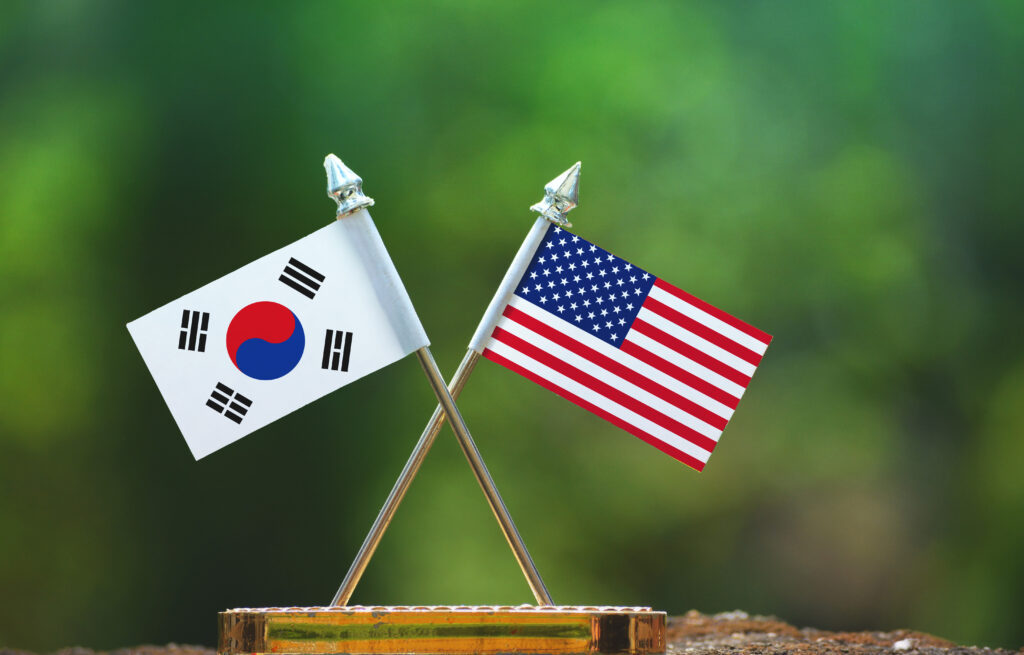Energy World
Intensifying political, economic, and technological competition are colliding with an evolving global energy system shaped by emerging technologies and efforts to reduce greenhouse gas emissions and to slow climate change. At the same time, soaring domestic oil and natural gas production, booming AI-driven electricity consumption, tensions in other energy-producing regions, and demand for critical minerals and other energy-related commodities are powerfully affecting American national security, U.S. competitiveness, relations with key allies, and global energy markets. Energy World covers the implications of these developments in one of the most strategic—and most complex—economic sectors.
The Center for the National Interest gratefully acknowledges support from Korea Hydro & Nuclear Power for The National Interest’s Energy World blog. The National Interest’s editors retain sole control over Energy World’s content.
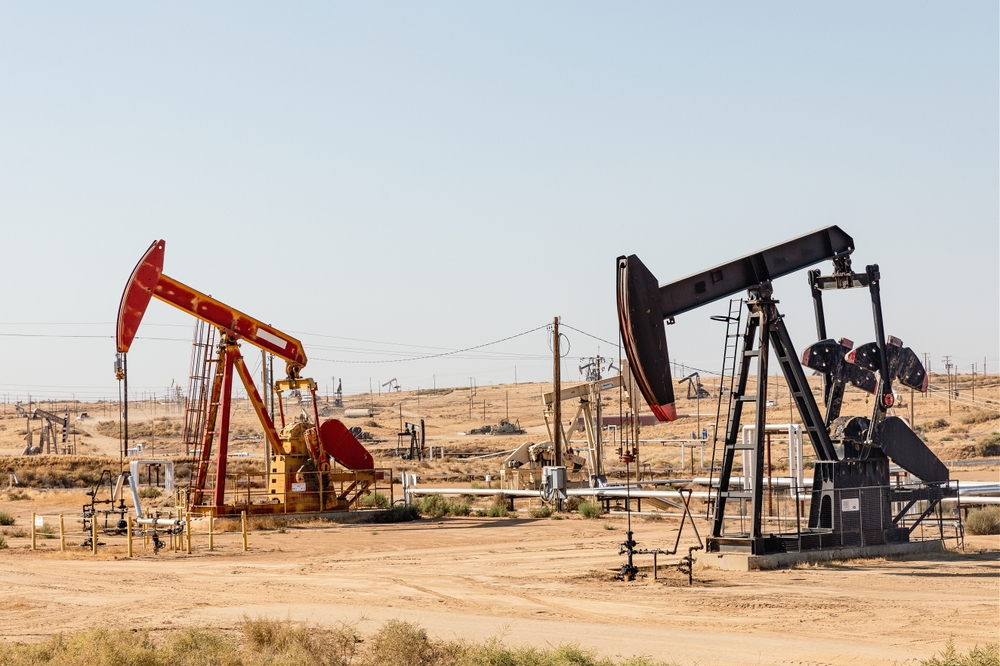
Trump’s “Energy Dominance,” in Practice, is Self-Contradictory
Energy dominance, though a laudable goal, is problematic at a time when OPEC+ seems to be trying to shoehorn its own volumes into the market. These are not good times...
Stories from Energy World

Fueling Uncertainty: Unveiling the Risks in Western Balkan Energy Policies
Given the risks in Western Balkan energy policies and political instability, it is vital that this still-volatile region be integrated into this European peace project known as the EU—so that...

Petro-Power: The Rise of Oil-Backed Trade in Africa’s Global Strategy
Oil-backed trade is helping African nations bypass financial constraints and sustain their economies by exchanging crude for refined fuels and services. The foundations of trade were built not on profit...

Revving Up Reindustrialization: Vance and the American Dynamism Revolution
Revving up reindustrialization and ensuring American economic dominance in the future is by embracing what made us an industrial powerhouse in the past. As much as “critical mineral” has become...

From Vision to Victory: Unleashing Innovation for a Sustainable American Energy Era
Unleashing innovation for a sustainable American energy era requires a vision that balances the demands of today with the opportunities of tomorrow. President Trump administration’s declaration of a national energy...

Securing Critical Raw Materials: A Smarter Path for the United States
To secure critical raw materials and reduce reliance on foreign sources, the United States should prioritize domestic extraction and recovery while deepening coordination with trusted allies. As the global race...

Greenland’s Minerals Won’t Secure the U.S. Supply Chain
Greenland’s minerals are drawing renewed U.S. interest, but Arctic conditions, local opposition, and processing and refining challenges make near-term gains unlikely. Since returning to office in January 2025, U.S. President...
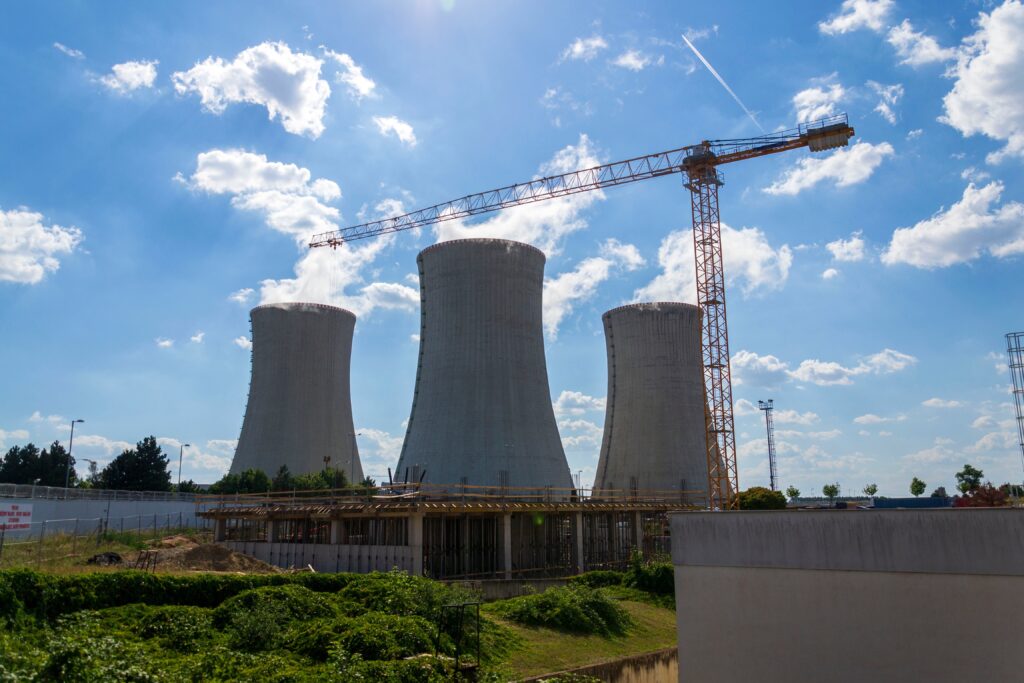
The Multilayered Multipolarity of Energy: A New Surge in United States-Korea Relations?
In short, today’s global energy order is not just multipolar—it is multilayered multipolarity—but this might mean a new surge in United States-Korea relations. It has been just over two months...

Energy Abundance Alone Won’t Fix the Climate
Energy abundance isn’t a climate strategy. While cheap, plentiful energy may boost infrastructure and economic growth, it risks worsening climate change, repeating past policy mistakes, and further weakening global cooperation on...
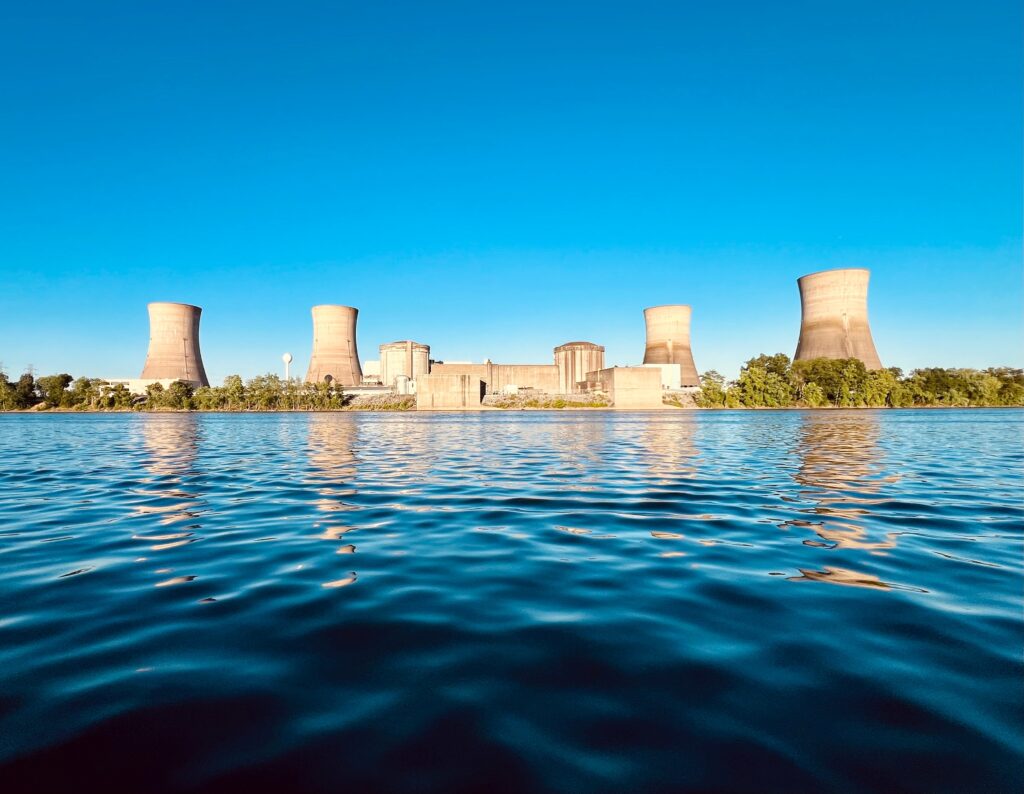
Waking Up Three Mile Island to Give Nuclear Power a New Twist
In what can only be called a phoenix-like moment, a decision has been made to wake up the nuclear power plant at Three Mile Island.
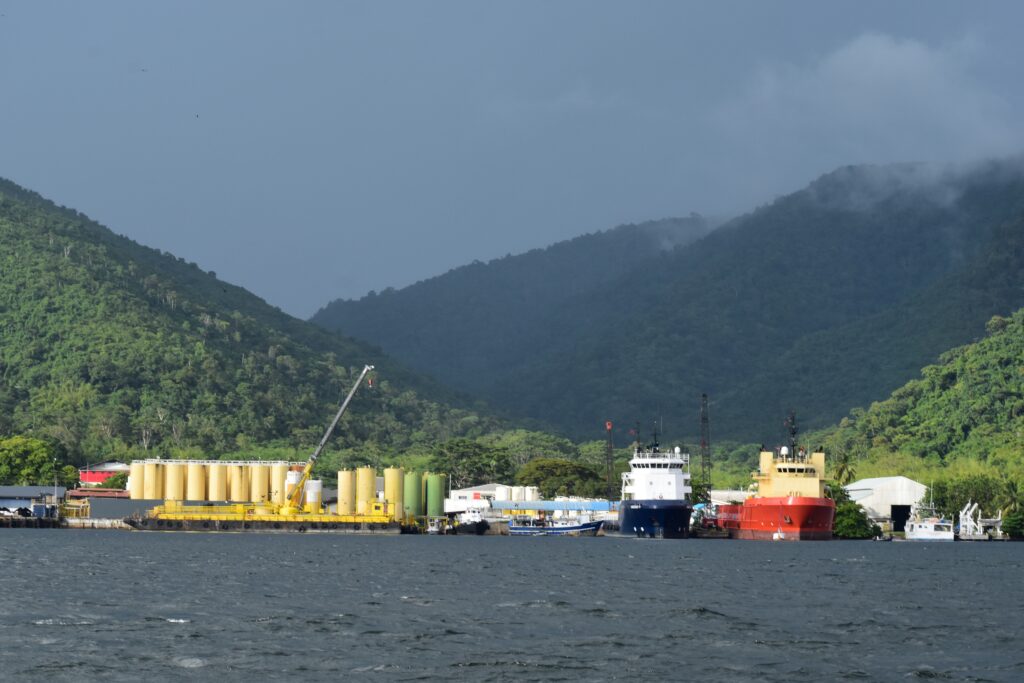
Energy, Economic Integration, and the Southern Caribbean
Southern Caribbean energy integration is gaining momentum as Guyana, Suriname, and Trinidad and Tobago weigh how to align new oil wealth, existing capacity, and shifting U.S. policy. A New Push...
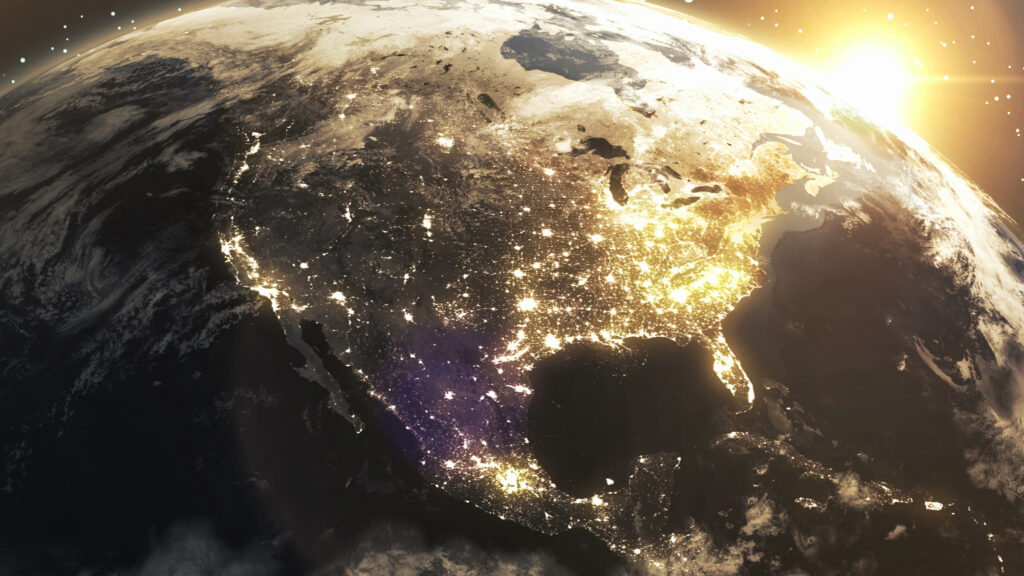
How the United States Can Outcompete China in Energy Dominance and Environmental Progress
The United States can assert its energy dominance over China by expanding energy development, supporting the innovation pipeline, and improving the grid. In a recent meeting with top oil executives,...
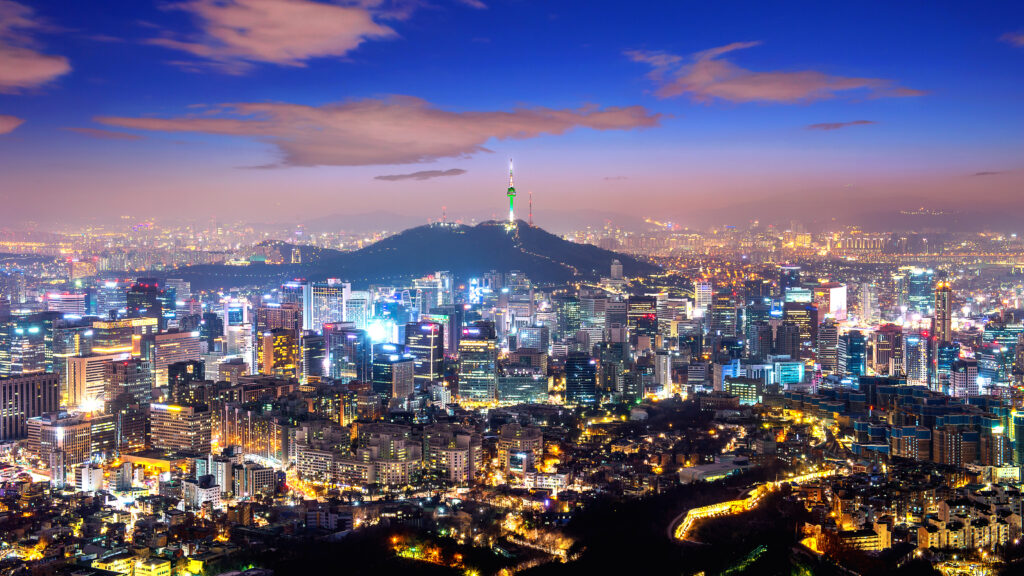
Labeling South Korea a Sensitive Country: Nuclear Proliferation and the Future of Nuclear Energy Development
The South Korea sensitive designation, though officially attributed to security violations, reflects deeper concerns over nuclear nonproliferation and threatens U.S.–South Korea nuclear cooperation. On March 10, the South Korean newspaper Hankyoreh reported...
